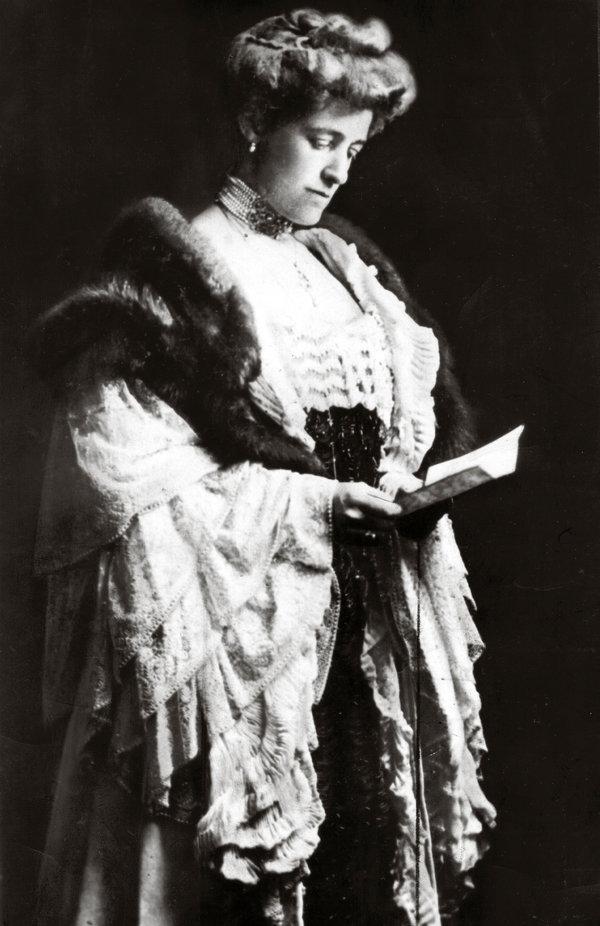The House of Mirth
by Edith Wharton

The House of Mirth by Edith Wharton
Originally published 1905
Reviewed by Ed Lengel
Readers of classic American and British literature are familiar with the paperback reprints that Signet, Penguin, and Oxford have produced for decades; the cover art of those editions has ramped up the popularity of some works by creating a mental association with a particular book. Also memorable, at least via repetition, are the capsule summaries. Inevitably, they advertised literature, especially by or about women, that “challenged Victorian social conventions” or, even better, “shocked” or “scandalized” contemporaries. A stodgy old novel of manners by a forgotten author might thus seem worth buying if it was repackaged as something deliciously naughty. Accurate or not, marketers eventually discovered a successful formula, which has worked.
On surface, Edith Wharton’s “The House of Mirth” lends itself easily to latter-day scandalmongers. Set amid Gilded Age New York’s high society (in some ways indistinguishable from the world of nineteenth-century British aristocracy), it chronicles the efforts of twenty-nine-year-old Lily Bart to find purpose in life at a time when women’s fates were inextricably bound up in whether or not they married—and to whom.
Intelligent and beautiful, but just on the cusp of losing her youthful bloom (as she discovers to her horror before the mirror one night in the form of age wrinkles just creeping from the corners of her mouth), Lily must decide whether to seduce the wealthy, but insufferably dull Percy Gryce into proposing marriage, or to pursue her instinctive attraction to the enticing and mildly rebellious (but still respectable) Lawrence Selden.
In itself this conundrum is unremarkable, but Wharton’s ridicule of social convention is more complex than a humdrum back-cover blurb would suggest. While chastising social mores that kept women tethered to marriage, Wharton presents her female characters not as victims, but as complicit in their bondage. Lily’s mother, for example, who pushed her husband into an early grave through her materialism and vanity, urges her daughter to peddle her beauty to secure a rich husband—thus entrapping Lily into a conceptual trap from which she struggles to liberate herself. Other women in Lily’s social set, meanwhile, embrace the “great gilt cage in which they were all huddled for the mob to gape at.” The prisoners were their own wardens. “How alluring the world outside the cage appeared to Lily, as she heard its door clang on her! In reality, as she knew, the door never clanged: it stood always open; but most of the captives were like flies in a bottle, and having once flown in, could never regain their freedom.”
As a denizen of the same social set—or gilt prison—which she satirized, Wharton was not immune to conventional thinking. As the word “mob” in the above quotation suggests, she instinctively presented less-privileged outsiders as threatening or even parasitical, if they were not quietly subservient. Blackmailed by a charwoman straight out of a novel by Charles Dickens, and vaguely menaced by the wealthy Simon Rosedale, Lily grows more vulnerable as she drifts outside her station in life. Even philanthropy carries the risk of trespassing social boundaries–as Lily and others soon learn.

Wharton’s elegantly savage prose, then, is directed not so much at overturning or restructuring social conventions as it is at reform. High society’s frivolity and carelessness—in Lily’s gambling habit—for example, threatens her with poverty. To be sure, Wharton rejects old-fashioned conventions, such as organized religion and moral rigidity, as enervating. At the same time, she derides characters who lie around until noon, gasp in exhaustion after walking a mile– or, like Gryce’s father– invents patents “for excluding fresh air from hotels.” Like her contemporaries, President Theodore Roosevelt, and Jack London, she promotes the development of bold, self-confident, red-blooded American bluebloods, who are willing and capable of seizing their natural leadership roles in society. Her work remains profoundly relevant in the twenty-first century.
Ed Lengel is an author, a speaker, and a storyteller.




